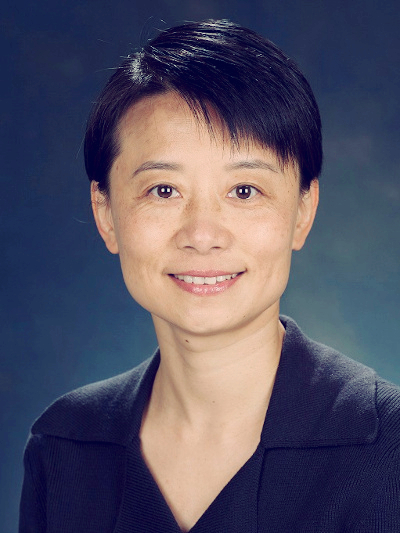Xin Feng
The Ohio State University. United States
Xin Feng
The Ohio State University. United States
 Emotional and Physiological Coregulation between Children and Mothers: Associations with Maternal Depression and Child Problem Behaviors
Emotional and Physiological Coregulation between Children and Mothers: Associations with Maternal Depression and Child Problem Behaviors
During early childhood, children and mothers frequently engage in dyadic interactions in which they regulate each other’s emotion, behavior, and physiological states. This process, referred to as parent-child coregulation, provides crucial support for the development of self-regulatory capacity and parent-child relationships (Lunkenheimer et al, 2017). At the behavioral level, studies have shown that parental guidance coordinated with the child’s need and behaviors leads to positive outcomes. Parent-child coregulation is a complex process that also involves numerous physiological responses. The parasympathetic nervous system (PNS) has been proposed to underlie many facets of the behavioral coregulation during social interactions (Porges, 2001). Empirical findings (mostly focused on infancy) generally suggest concordance or synchrony within mother-child dyads in parasympathetic coregulation (Feldman et al., 2011). An important limitation of prior work is that most relied on aggregate measures of behavioral and PNS regulation, and thus could not capture the dynamic changes which are essential for the regulation of emotion (Cole et al., 2018). In this symposium, we addressed this limitation by focusing on the intraindividual dynamics of behavioral and physiological regulation as well as the bidirectional, moment-to-moment coregulation between mothers and children. We also examined the dynamic mother-child coregulation in relation to maternal depression and child problem behaviors.
 CV
CV
Xin Feng holds a PhD in Human Development and Family Studies by the University of Connecticut. Since 2014 is an Associate Professor in the Department of Human Sciences at the Ohio State University. Dr. Feng has a broad background in child emotional development in diverse family and cultural contexts, with specific focus on the interface of behavioral and cognitive regulation in the development of adaptive socioemotional functioning and childhood depression and anxiety. Dr. Feng is particularly interested in examining early affect regulation as mechanisms for the transmission of depression between mothers and children.
Associates















